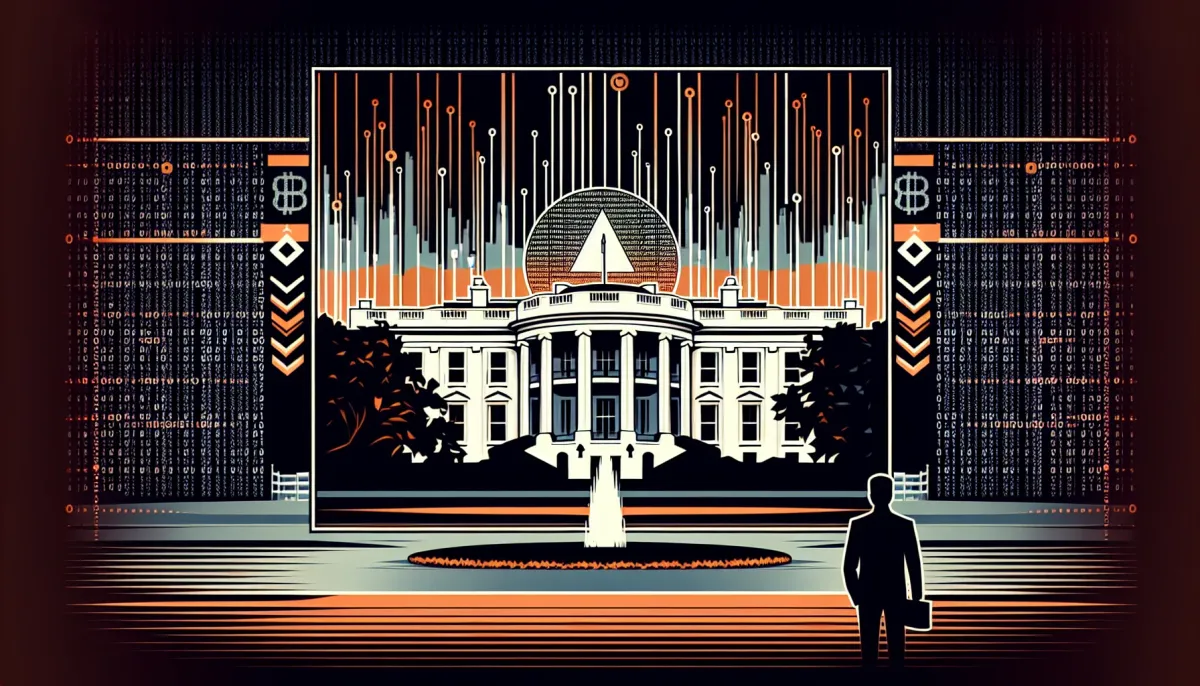Trump Plans to Establish Permanent Crypto Advisor Role in White House, Brian Brooks Among Potential Candidates

President-elect Donald Trump is looking to create a permanent crypto advisor position in the White House. His team is currently interviewing potential candidates, but they haven't revealed any strong contenders yet.
The exact responsibilities of this role are still unclear. Some rumors suggest that the crypto advisor might oversee the implementation of crypto policies.
According to Bloomberg, Trump and his team are planning to introduce the first-ever dedicated crypto role in the White House. They are in talks with industry leaders to find suitable candidates. One possible name being mentioned is Brian Brooks, the former executive at Binance.US.
“Brian Brooks, former executive at @binance US and @coinbase, is interviewing for the White House Crypto Czar role or possibly a position as SEC Chair,” tweeted popular music producer and crypto commentator Martin Folb.
Having a full-time advocate for the crypto industry in the White House could be a game-changer for positive regulation. During his campaign, Trump promised to make various reforms to the current U.S. crypto policies.
Some key proposals include countering anti-crypto measures in legislation, appointing industry-friendly regulators, and establishing a Bitcoin Reserve.
During the campaign, David Bailey, CEO of Bitcoin Magazine, acted as an unofficial crypto advisor. He helped draft pro-industry executive orders. Trump even spoke at Bailey's conference in Nashville last July. Since then, Bailey has called the Bitcoin Reserve “the #1 most urgent and transformative policy” for Bitcoin growth.
However, it’s unclear how much influence Bailey currently has.
So far, no other candidates have been mentioned besides Brian Brooks. The President-elect is interviewing potential candidates at Mar-a-Lago, but his team has not commented on this process.
Many details about this new role remain a mystery. For instance, it’s uncertain whether this advisor will only serve in the White House or act as a “crypto czar” overseeing policy implementation directly.
This new position could help solidify the growing presence of industry allies within the federal government.
